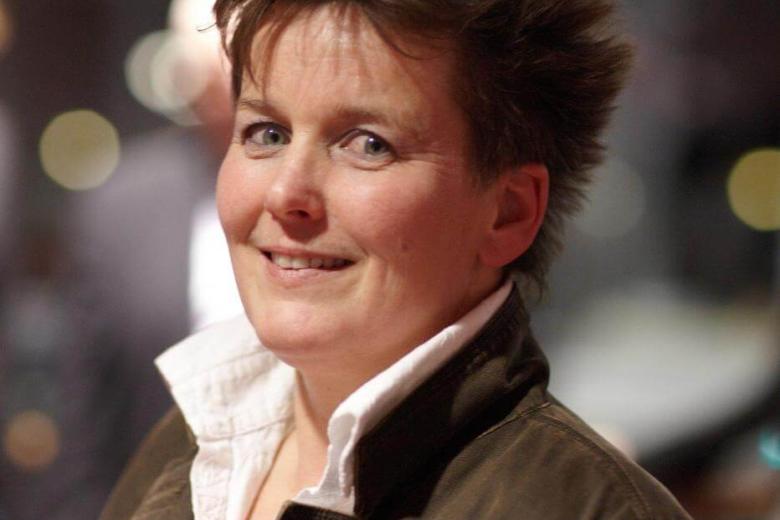
News
-

-
The role of the European Union during (and after) the Corona crisis
In this COVID-19 period, it seems surprising that the European Union (EU) feels remote and not at the forefront of the response. Why is that? Our Health Law Group explains.

-
COVID-19 shows need for developing global health education capacity in Iran
The public health authorities in Iran have severe difficulties in responding to the Covid-19 outbreak, which coincides with the politically induced economic sanctions against the country. All aspects of prevention, diagnosis, and treatment are directly and indirectly hampered, and the country is...
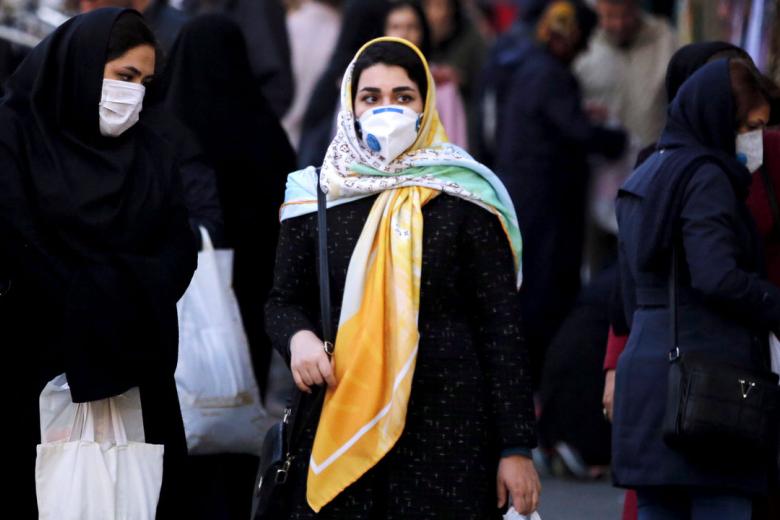
-
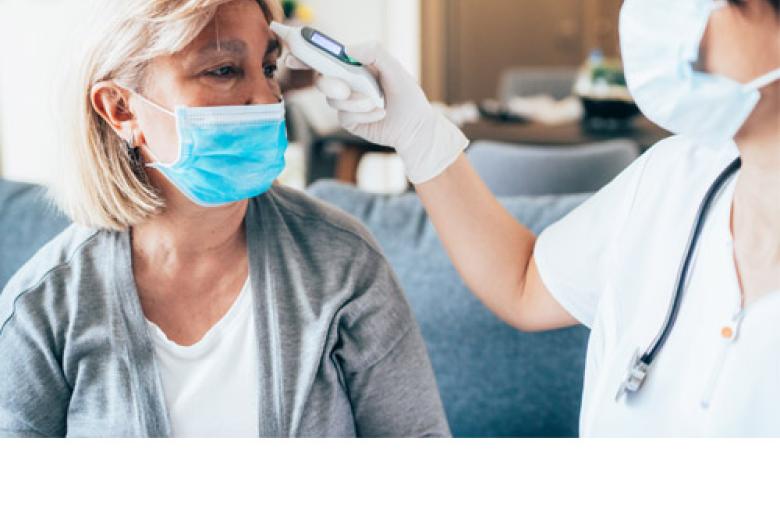
-
The COVID-19 epidemic in Italy: response and policies
Italy was the country where the first European COVID-19 outbreak was detected. Within two weeks, the disease spread rapidly throughout other European countries. Our colleague prof Carlo Signorelli of the University Vita-Salute San Raffaele in Milan gives an insight in the Italian management - and...
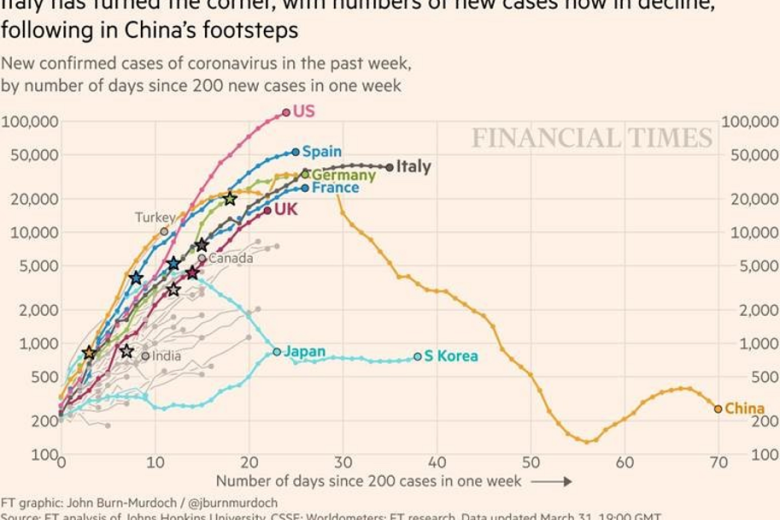
-
The COVID-19 pandemic and ‘Healthy Childcare Centres of the Future’
The measures being taken against the spread of the virus can have far-reaching consequences for running research projects. After several months of preparation PhD candidate Marla Hahnraths was ready to do baseline measurements at several childcare centres. But now the centres are closed. Read her...
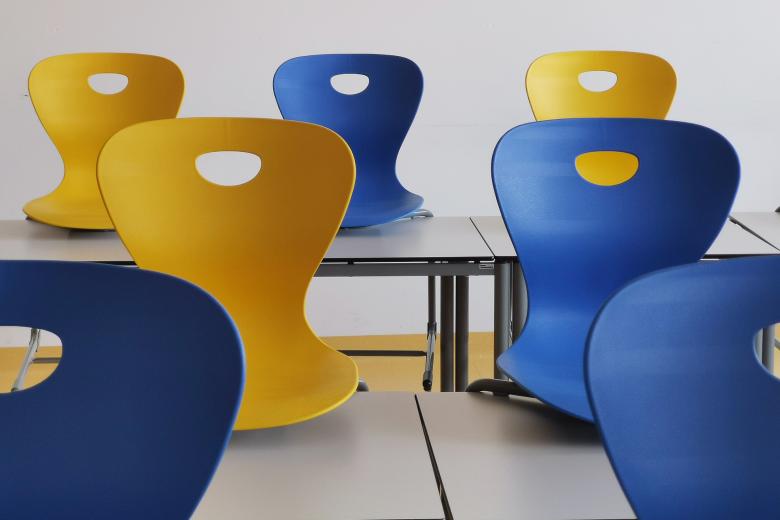
-
PECUNIA and the Coronavirus Outbreak: Societal Impact of a Disease
With the current pandemic, the economic impact of a disease on society becomes more evident than ever. Taking a broad multi-sectoral economic view on health related issues is the starting point of the PECUNIA project (RL Creating Value-Based Health care), in which costs in- and outside the...
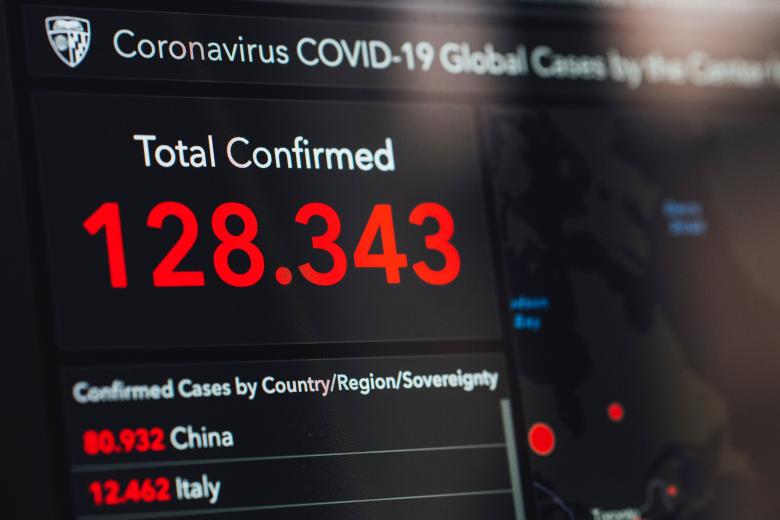
-
Bewegen is net zo belangrijk als binnenblijven
Als binnenblijven tot gevolg heeft dat mensen meer stilzitten, dreigen IC-bedden weer eerder vol te raken, betogen Onno van Schayck en Maartje Willeboordse.
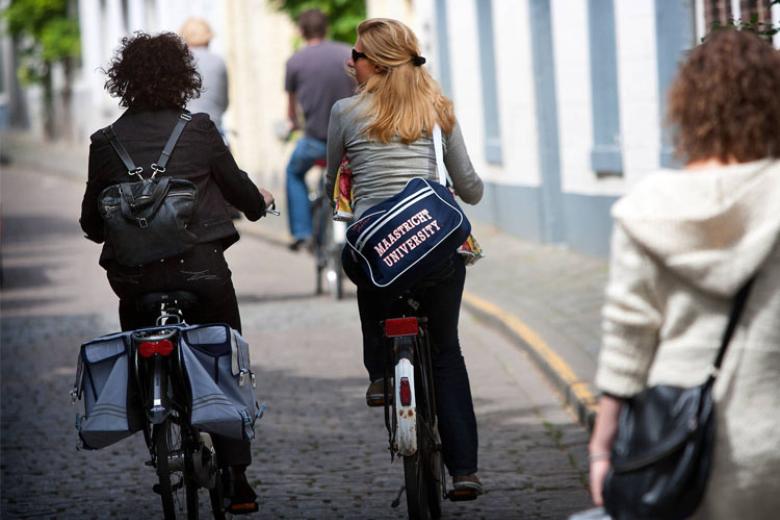
-
How to relieve work stress during the corona crisis?
The corona crisis has increased work demands for (scientific) staff at Maastricht University in many ways. Moreover, the intelligent lock down introduces new private life stressors: educating your children, worries about the care for your elderly parents, suffering from loneliness etc. Angelique de...
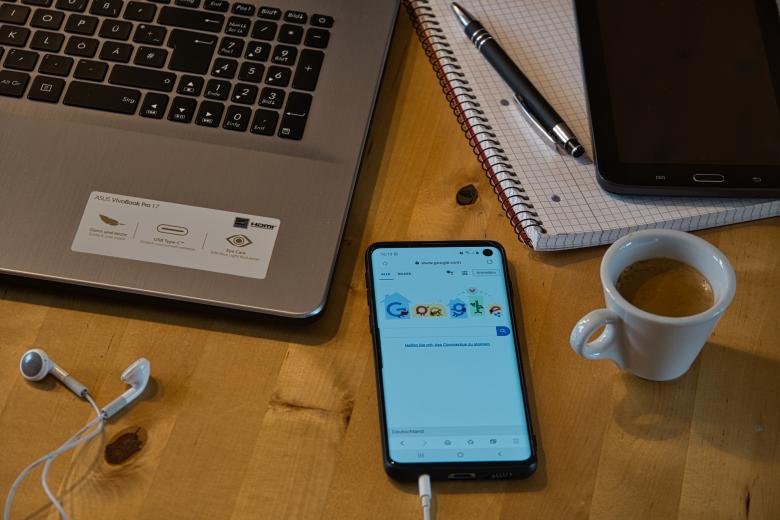
-
‘’Opinion epidemics’’ make public health public
Prof. Klasien Horstman: "If we appreciate health and democracy, controlling epidemics requires open societies with rich, varied, and inclusive public deliberative fora. The value of ideas needs to become clear through public deliberation, not by denying non-experts, whoever they may be, a voice in...
